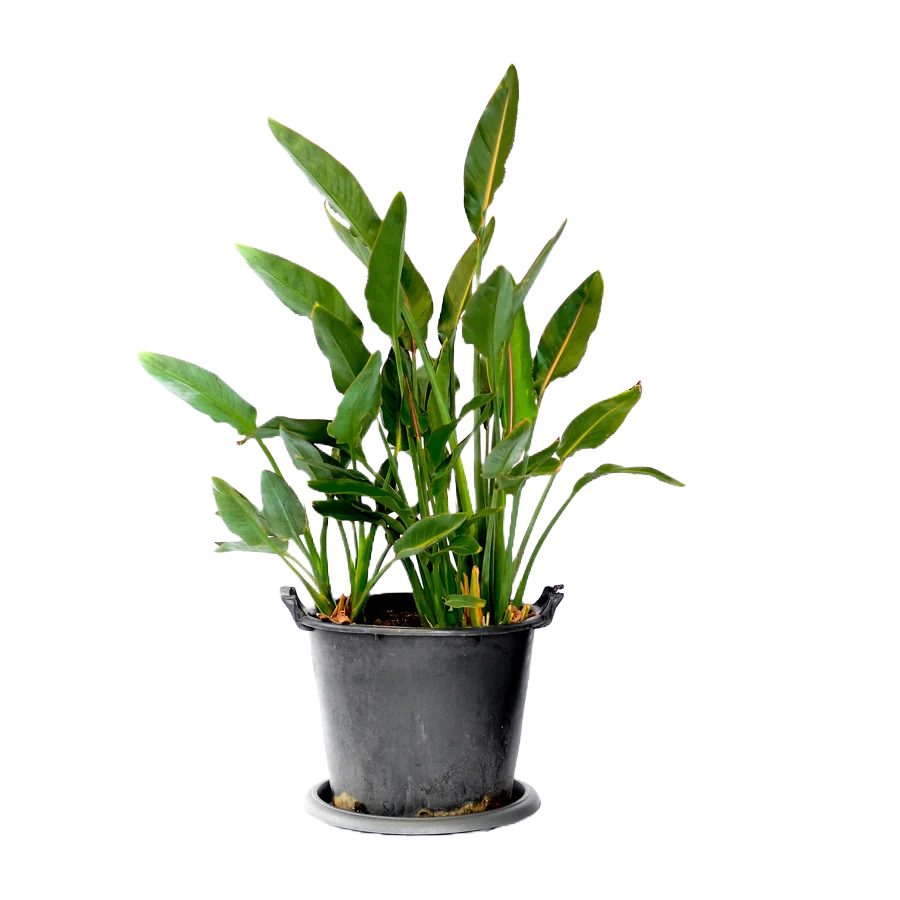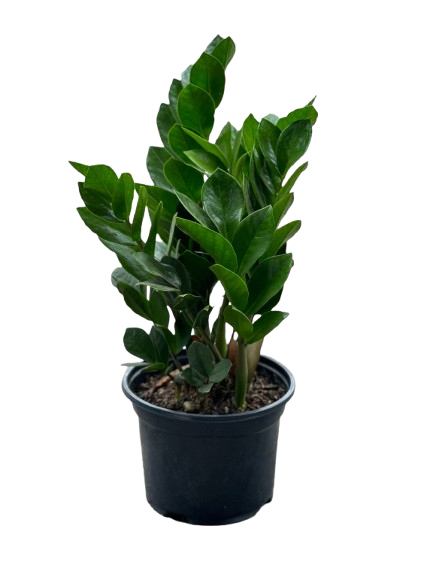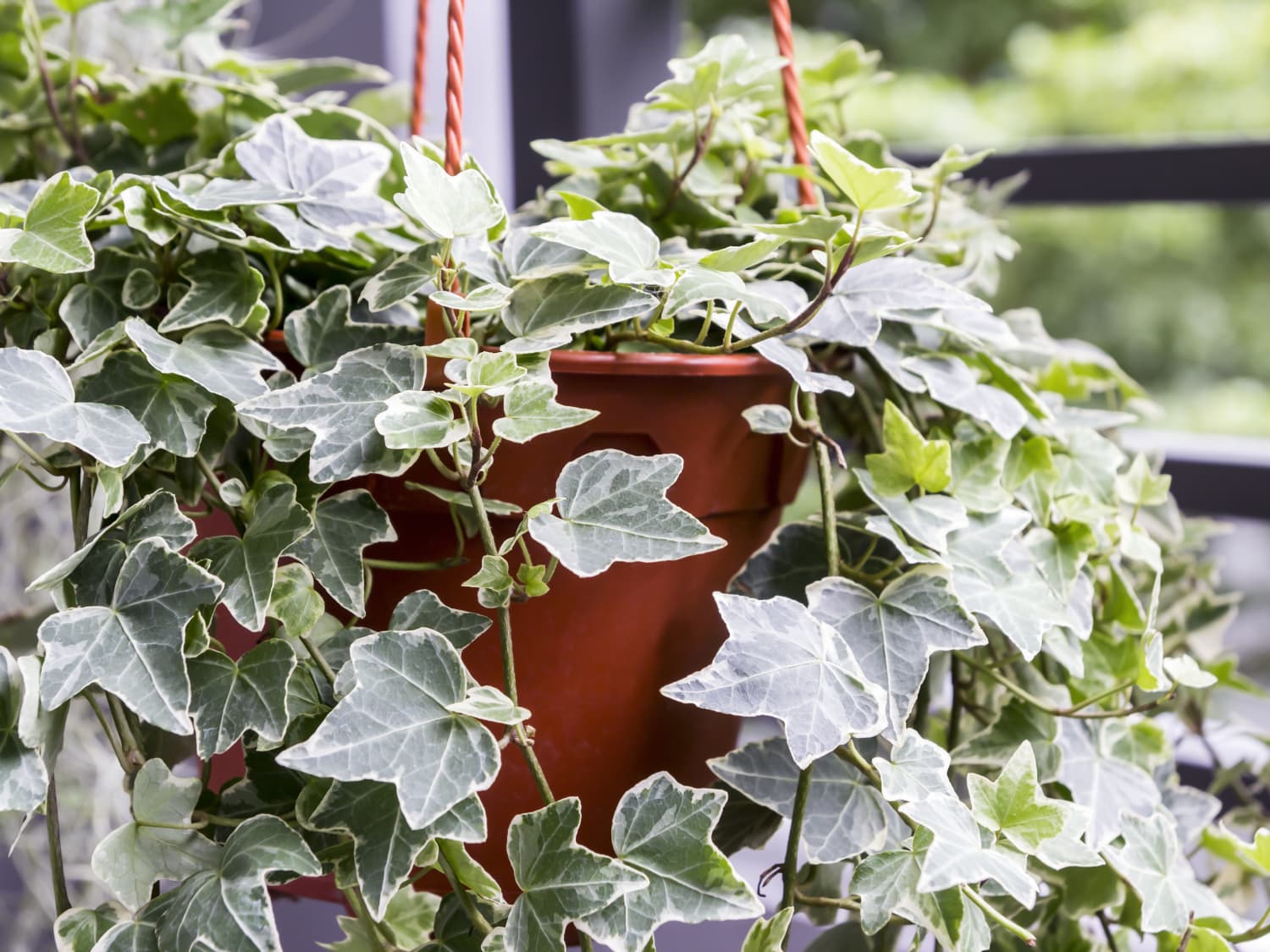English Ivy (Hedera helix) is a classic climbing and trailing plant admired for its elegant, evergreen foliage. Popular in Kenyan homes, offices, and gardens, it brings a lush, timeless look to walls, fences, and indoor spaces. Whether grown in hanging baskets, as ground cover, or trained up trellises, English Ivy is loved for its versatility, easy care, and ability to thrive both indoors and outdoors in Kenya’s climate.
Why Grow This Plant?
- Excellent air purifier, removing toxins like formaldehyde and benzene.
- Versatile growth — can climb, trail, or cover ground.
- Low maintenance and drought tolerant once established.
- Provides a lush, classic look to indoor and outdoor spaces.
- Thrives in a wide range of Kenyan climates.
Cultural & Historical Significance
English Ivy has a long history in Europe, where it symbolizes fidelity, friendship, and eternal life. In ancient Greece and Rome, it was associated with love and was used in wreaths for weddings and festivals. In many cultures, it is also believed to protect homes from negative energy. Today, it remains a favorite ornamental plant around the world for both its beauty and symbolism.
Ideal Growing Conditions in Kenya
- Sunlight: Prefers bright, indirect light but can tolerate partial shade.
- Temperature: Thrives in 10°C–25°C; avoid intense midday sun in hotter regions.
- Soil: Well-draining, loamy soil rich in organic matter.
- Watering: Keep soil slightly moist; allow top layer to dry between watering.
- Best Regions: Nairobi, Kiambu, Nakuru, Kericho, and highland areas.
How to Plant It
- Choose a healthy plant from a nursery or online source.
- Select a spot with partial shade or filtered sunlight.
- Prepare well-draining soil enriched with compost.
- Gently remove the plant from its pot and loosen the roots.
- Plant at the same depth, water well, and mulch to retain moisture.
Care Tips
- Water moderately — avoid waterlogging.
- Fertilize every 4–6 weeks during the growing season with a balanced liquid fertilizer.
- Prune regularly to control size and encourage bushiness.
- Train stems onto trellises, walls, or let them trail in baskets.
- Repot every 1–2 years to refresh soil and space for roots.
Pests & Diseases
- Aphids: Small green insects on new growth — wash off with soapy water.
- Spider mites: Fine webbing on leaves — treat with neem oil spray.
- Leaf spot: Brown or black spots — improve air circulation and remove infected leaves.
- Root rot: Avoid overwatering and ensure proper drainage.
Pet Safety
English Ivy is toxic to cats and dogs if ingested, causing vomiting, diarrhea, and abdominal pain. Keep it out of reach of pets in Kenyan homes.
Growing in Containers
English Ivy grows beautifully in hanging baskets, wall-mounted planters, and decorative pots. Use a lightweight potting mix, and place the container where the plant can trail or climb for the best display. Ideal for balconies, verandas, and patios in urban areas.
Where to Buy This Plant in Kenya
You can buy English Ivy in Kenya from Planters.co.ke. They offer healthy, well-rooted plants and a variety of stylish pots to suit your space.
Final Thoughts
English Ivy is a timeless, versatile plant that brings life to any setting, whether you’re creating a green wall, adding charm to a balcony, or purifying indoor air. With minimal care, it will reward you with year-round greenery and beauty in your Kenyan home or garden.
Planters.co.ke is your trusted source for plants, pots, and all things green in Kenya. From starter herbs to exotic indoor plants, we help you grow beautiful spaces—naturally.
Recent Posts
- Asiatic Lily Bulbs in Kenya: Vibrant Color, Easy Growth & Garden Beauty
- Dendrobium Orchids: Elegant Blooms, Easy Care & Indoor Beauty
- Vanda Orchids: Vibrant Colors, Air-Grown Beauty & Elegant Displays
- Vriesea Bromeliads in Kenya: Elegant, Colorful & Easy to Grow
- Manuka : Beauty, Healing & Natural Resilience







